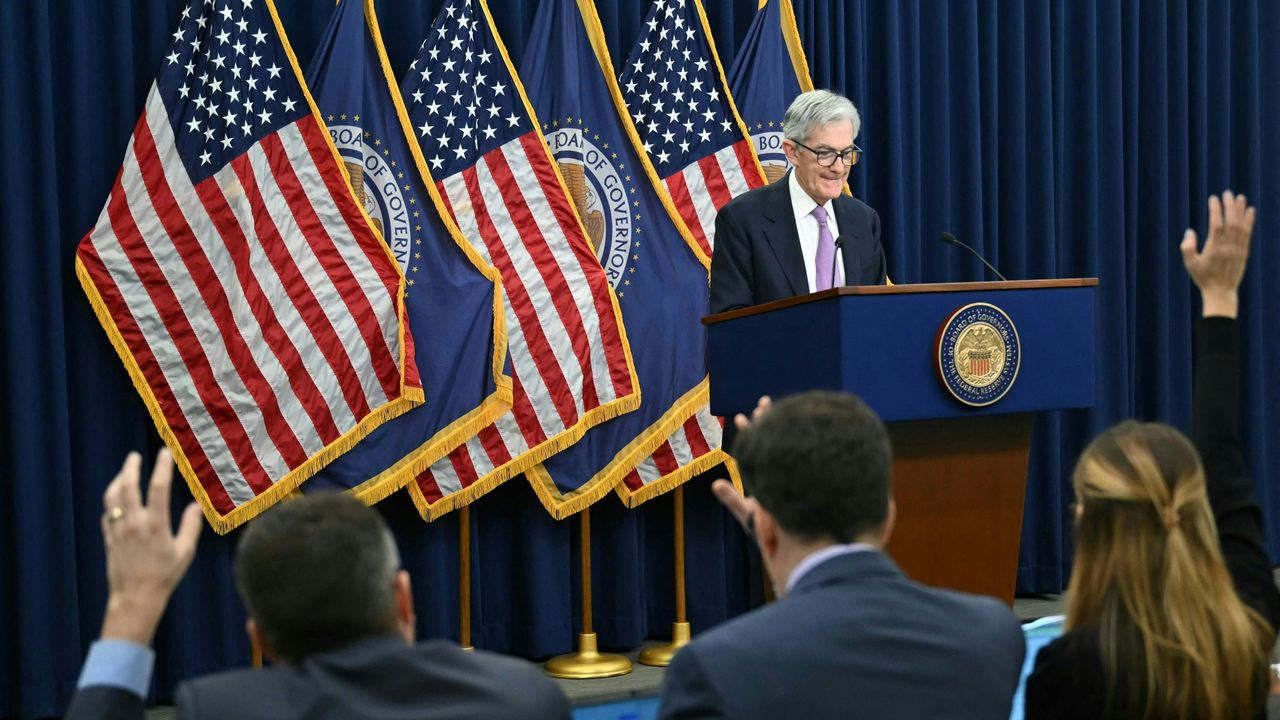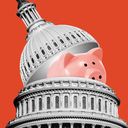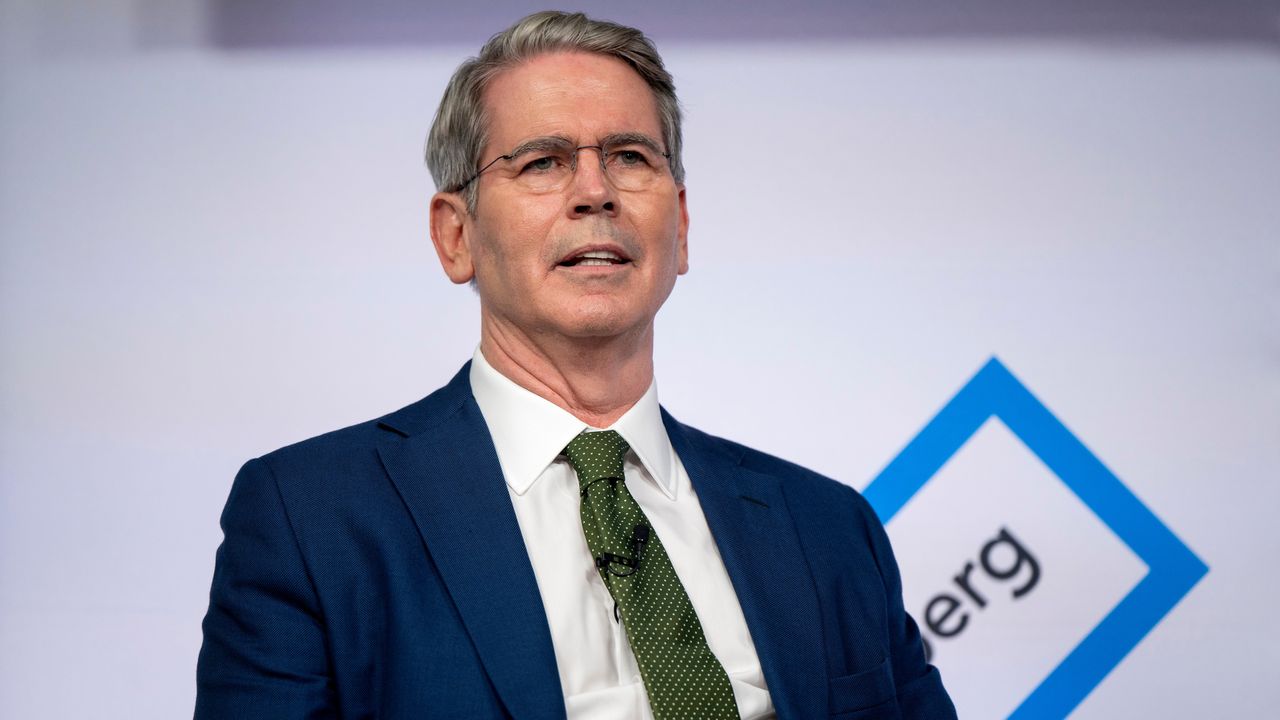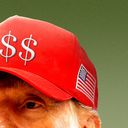Musk and DOGE add to uncertainty around Republicans' fiscal policy
The past two days on Capitol Hill raise the prospect of a more unpredictable period for U.S. fiscal policy than seemed likely a few days ago.
Why it matters: Economists' hope has been that unified Republican control of the White House would create similar tax and spending outcomes as when they controlled those branches in 2017 — tax cuts paired with steady-as-she-goes spending.
- But after this week, volatility is the only safe prediction.
- Elon Musk appears to have remarkable power over Congressional Republicans and is dead-set on large spending cuts.
- There are also doubts about the ability of House Speaker Mike Johnson (or anyone else who might take his place) to manage a fractious caucus with a narrow majority.
Catch up quick: We defer to our friends at Axios' Hill Leaders newsletter to fill you in on the details, but the upshot is that negotiations were done on a large, complex, bipartisan bill to fund the government in the short term.
- Musk and his Department of Government Efficiency co-chair Vivek Ramaswamy came out against it, and persuaded a critical mass of House Republicans that it spends too much money and yields too much to Democratic priorities. Now both a government shutdown and Johnson losing the speakership are in play.
- To add complexity, President-elect Trump dared Congress to shut down the government if they don't raise the debt ceiling, betting that President Biden will get blamed.
- All of this is occurring at a moment when Biden is still president, Democrats control the Senate, and Johnson needs Democratic votes to pass pretty much any spending bill.
Between the lines: Musk and Ramaswamy are serious about exerting leverage on Congress, enabled by Musk's ownership of X, to achieve their DOGE spending cut goals.
- Using that leverage to seek the kinds of vast spending cuts they talked about on the campaign trail would put them on a collision course with Congress and raise the possibility of significant macroeconomic effects.
- It further raises the possibility that Musk and Ramaswamy will have significant influence on other fiscal policy decisions, such as the tax reform legislation Republicans consider an urgent priority next year.
What they're saying: "[T]his week's developments in Congress are just an appetizer for next year's main course on Capitol Hill," wrote Brian Gardner, chief Washington policy strategist at Stifel, in a note.
- "Investors and managements should be prepared for a year that could lead to a few upset stomachs," he added.
By the numbers: Musk et al. spoke on the campaign trail of $2 trillion in spending cuts, more than the U.S. government spent on all discretionary spending last year ($1.7 trillion).
- It would be hard to get anywhere close to that without major cuts to programs beloved by Republican constituencies, such as defense, support for agriculture interests, and programs to support rural areas.
- It would also be a huge hit to aggregate demand — nearly 7% of projected 2025 GDP. It would be good for long-term fiscal sustainability but bad for near-term economic activity.
Flashback: The last time Trump was president, Congressional Republicans were in the driver's seat shaping tax legislation.
- Despite austere presidential budget requests, discretionary spending was about 13% higher in 2019 than in 2016.
The intrigue: Senators and representatives who were elected to public office and spent years climbing through the ranks may not take kindly to taking orders from private citizens who are new to the details.
- It is hard to know how Trump will react once specific spending cuts end up on the table — with associated political blowback.





















